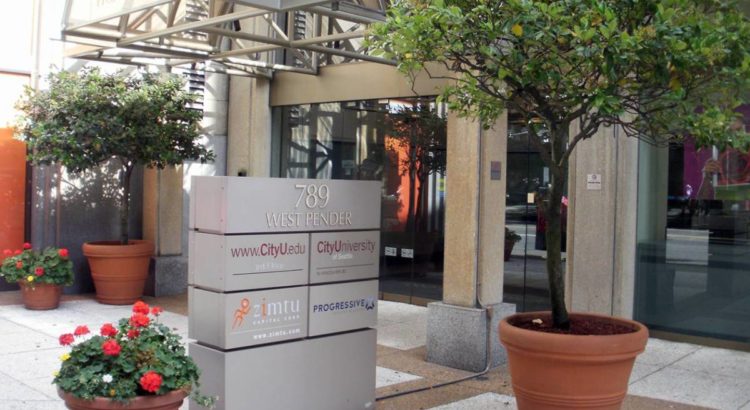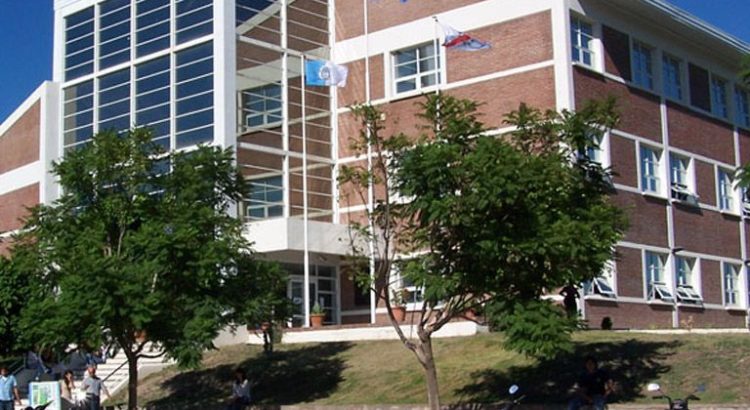Canadá/Agosto de 2017/Fuente: Straight
Resumen: Hay practicantes de varias disciplinas en el mundo laboral. Y hay académicos de varias disciplinas en la academia. Pero en la City University de Seattle, en Vancouver, el director de programas canadienses dice que los programas de posgrado de su escuela en asesoramiento y educación son impartidos por «académicos practicantes». Éstos son aprendices de por vida que permanecen ocupados en sus campos en un nivel práctico y teórico. «Son las personas que ven presentando en conferencias, dando talleres, publicando artículos, y así sucesivamente, además de ser practicantes porque tienen que seguir aprendiendo», dijo Arden Hanley al Straight por teléfono. «Esto ha conducido a un pensamiento interesante – y el pensamiento se llama» práctica deliberativa «. Vamos a hacer que un enfoque de nuestros programas de posgrado.
There are practitioners of various disciplines in the working world. And there are scholars of various disciplines in academia.
But at City University of Seattle in Vancouver, the principal of Canadian programs says his school’s graduate programs in counselling and education are taught by “practitioner scholars”. These are lifelong learners who remain engaged in their fields on a practical and a theoretical level.
“They’re the people who you see presenting at conferences, giving workshops, publishing papers, and so forth, as well as being a practitioner because they’ve got to keep learning,” Arden Hanley told the Straight by phone. “This has led to some interesting thinking—and the thinking is called ‘deliberative practice’. We’re going to make that a focus of our graduate programs.
“Here’s a quote from Mahatma Gandhi that introduces the concept: ‘An ounce of practice is worth more than tons of preaching,’ ” Hanley added.
Hanley has 35 years of experience as a family therapist, so he knows whereof he speaks. His professional career has imbued him with a passion for social justice to go along with his relentless curiosity about how people learn.
He said research has demonstrated that passive learning—such as by reading about a topic or listening to someone speak—is not the optimal way to improve a practitioner’s performance as a counsellor. Along similar lines, he noted, passive learning wouldn’t necessarily help someone master a violin or perform better in track and field.
“What does improve performance? Well, you have to establish a baseline of strengths and weaknesses,” Hanley said. “And then you have to provide the learner with feedback in terms of the strengths and weaknesses. Then, having identified weaknesses, you have to practise solutions to the identified weaknesses.”
Just as with professional athletes, sometimes the best approach is designing role-play exercises. He pointed out that a counselling or educational instructor can also videotape a student overseeing a therapy session or a class. This enables the student to benefit even more from the feedback provided.
“Our graduates know what to do on Monday morning,” Hanley stated emphatically. “You’re not looking at somebody who knows about counselling and then you have to train them how to perform counselling. Our graduates know about counselling but they are also performance-ready.”
The master’s degree of counselling is designed to help students meet the requirements to become a registered clinical counsellor or a Canadian certified counsellor.
At CityU in Canada—as the school is sometimes called—counselling education is delivered in three ways. There’s a Saturday-only program, which is well suited for working professionals and takes three years to complete.
Then there’s a “mixed mode”, which is 49 percent online and 51 percent face-to-face instruction. It also takes three years. The face-to-face classes take place in intensive four-day sessions on a quarterly basis.
“We designed that with the thought in mind that we could extend our geographical reach,” Hanley explained. “To a certain extent, that’s true, but the other thing we found that was so interesting is it’s well suited for single parents.”
That’s because some find it easier to arrange for childcare over four-day periods four times a year rather than having to find someone to mind their kids every Saturday.
There’s also a traditional weekday format, primarily offering face-to-face instruction, which takes two years to complete.
Hanley said that virtually all of the master’s of education students are working full-time, so this program is delivered on weekends. It is school-district based, which means that courses are adjusted to reflect idiosyncrasies and demographics of particular areas where students are employed.
“That’s proven to be of tremendous value to them,” Hanley said.
Fuente: https://www.straight.com/news/948441/cityu-canada-graduate-programs-counselling-and-education-taught-practitioner-scholars








 Users Today : 11
Users Today : 11 Total Users : 35460220
Total Users : 35460220 Views Today : 14
Views Today : 14 Total views : 3418909
Total views : 3418909